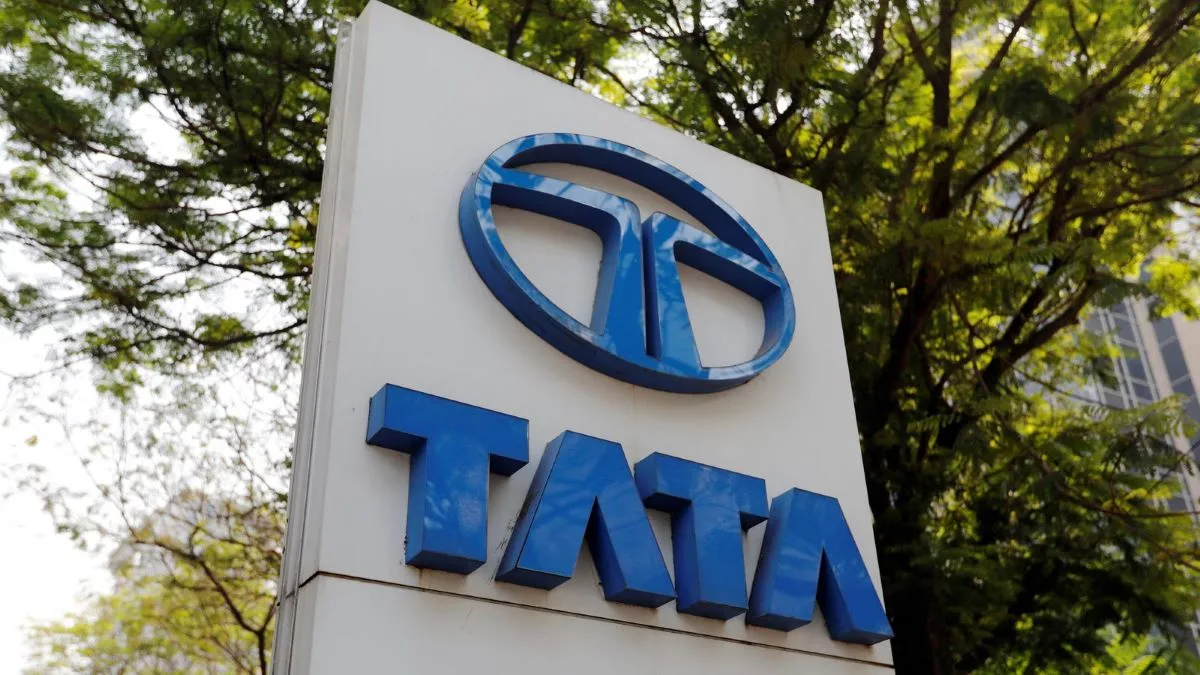
Tata Motors Demerger Plan: Nuvama Institutional Equities Labels it a ‘Non-Event’
Tata Motors has revealed its intention to demerge its operations into two distinct listed entities, segregating the commercial vehicles (CV) and passenger vehicles (PV) businesses. While the decision is expected to have minimal immediate impact, the entire process is anticipated to span over the next 12 to 15 months, according to Abhilash Pagaria, Head of Alternative & Quantitative Research at Nuvama Institutional Equities.
Nuvama Institutional Equities categorizes the demerger as a “non-event” in the short term, emphasizing that Tata Motors is presently a constituent in all passive indices. Following the completion of the demerger, the smaller entity (CV business) will emerge as a standalone entity, prompting its exit from the Nifty 50 and Sensex, as suggested by Nuvama.
Drawing parallels with Jio Financial Services Ltd’s recent demerger from Reliance Industries Ltd (RIL), Nuvama notes that Jio Financial got listed independently and was subsequently excluded from domestic indices in the following days.
The potential impact on global indices, including MSCI and FTSE, is a key consideration for Nuvama. The evaluation of the smaller entity’s market capitalization around listing will determine its eligibility. Nuvama estimates that if the CV business captures around 25% of the total market capitalization, it should retain its position in passive indices.
Factors influencing this evaluation include the market capitalization (total and free float) of Tata Motors shares and the global cutoff levels, according to Nuvama.
Additionally, Nuvama highlights the simultaneous merger process of DVR (Differential Voting Rights) with ordinary shares, announced in July the previous year. The firm anticipates this merger to align with the demerger process, projecting a completion timeline of six to eight months from the present.
On Monday, the board of Tata Motors gave its approval for the demerger, wherein shareholders will maintain identical shareholding in both listed entities. One entity will encompass the CV business and related investments, while the other will house the PV business, inclusive of PVs, electric vehicles, Jaguar, Land Rover, and associated investments.
Tata Motors has outlined that the demerger will be executed through an NCLT scheme of arrangement, necessitating approval from the Tata Motors board, shareholders, creditors, and regulators. The comprehensive process is expected to conclude within 12 to 15 months.
As of Monday’s close on the NSE, Tata Motors’ shares witnessed a marginal increase of 0.056%, settling at Rs 988.90. Notably, the scrip has exhibited a 25% rise year-to-date and an impressive 125% surge over the last year.



